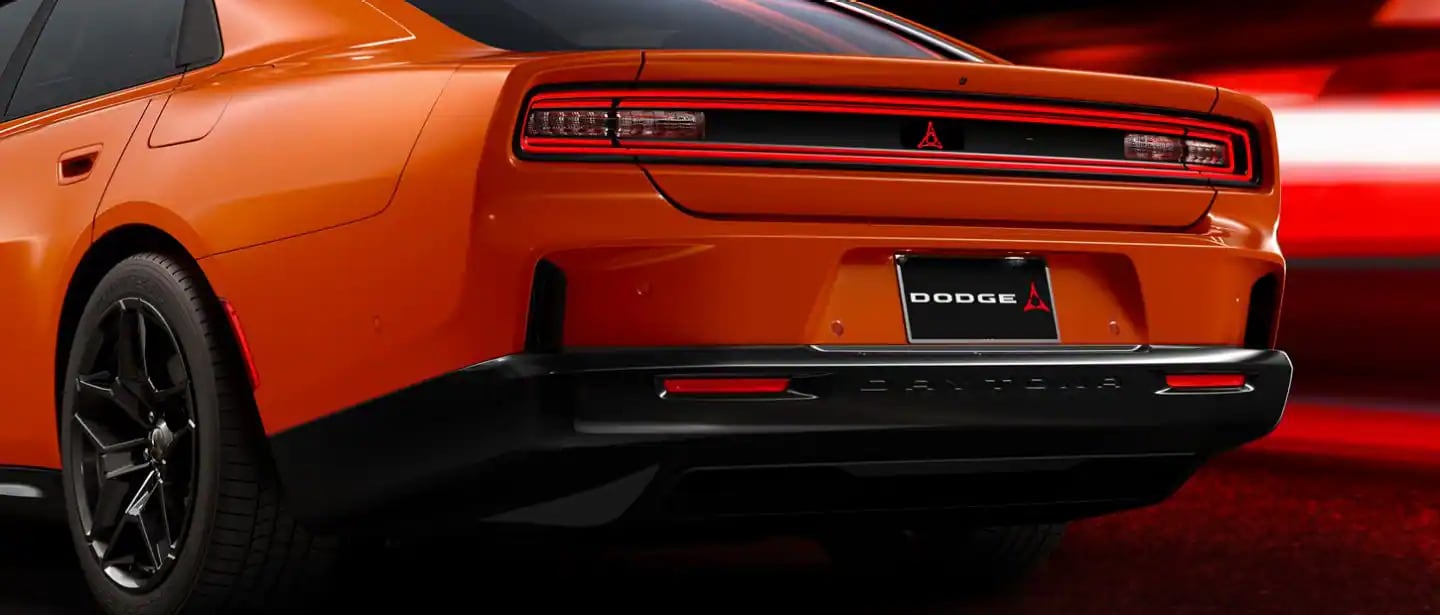All Categories
Featured
Table of Contents
For over a century, Dodge has played a significant role in shaping the American automotive industry. The brand has built a reputation for innovation, powerful performance, and distinct style, leaving an indelible mark on car culture. From its early days with the Dodge brothers to its muscle car legacy, Dodge has always been at the cutting edge of automotive technology and design.
The Dodge Brothers: A Legacy Begins
In the early 1900s, two brothers, John and Horace Dodge, embarked on a journey to create a company that would revolutionize the automotive industry. Starting out as part suppliers, the Dodge brothers quickly found success, leading them to establish their own brand in 1914. Dodge became known for its durable, high-quality vehicles, quickly earning a reputation for craftsmanship and dependability.
By the 1920s, Dodge was already a household name, known for producing affordable yet stylish cars that appealed to a wide range of American drivers. It was just the beginning of a legacy that would span decades.
Dodge in the Muscle Car Era
The 1960s and 1970s marked a golden era for muscle cars, with Dodge leading the charge. The Dodge Charger and Dodge Challenger became symbols of raw power, speed, and rebellious spirit. These iconic models, with their aggressive designs and powerful engines, captured the hearts of car enthusiasts and earned a place in pop culture.
The Charger’s sleek design and exceptional performance made it a standout, while the Challenger became a top choice for drag racing and muscle car enthusiasts. Dodge's commitment to high performance and design excellence helped solidify its place in the muscle car era, forever etching these models into automotive history.
Evolution in the Modern Era
As the automotive industry evolved, so did Dodge, embracing new technologies and trends while staying true to its performance-driven roots. While maintaining its commitment to power and performance, Dodge has embraced new technologies focusing on fuel efficiency, safety, and connectivity. New models from Dodge appeal to a new generation of drivers, yet they stay true to the bold and unique style that’s been a hallmark of the brand since the beginning.
Dodge has expanded its lineup, from the Dodge Durango to the new Dodge Charger SRT Hellcat, offering modern SUVs and muscle cars that combine performance with the latest innovations. Dodge’s ongoing evolution, paired with its commitment to excellence, underscores its lasting impact on the auto industry.
The Cultural Legacy of Dodge
Dodge has become an iconic name in both pop culture and motorsports. The Dodge Charger’s appearance in the Fast & Furious franchise made it an instant cultural icon, solidifying its reputation as the ultimate street machine. Furthermore, Dodge’s involvement in racing has cemented its place in the hearts of motorsports fans, with the brand competing in various racing series over the years.
Whether it’s racing on the big screen or on the track, Dodge cars are synonymous with performance, power, and a passion for the road.
Conclusion: Reinforcing Dodge’s Timeless Appeal
Dodge’s history is one of constant innovation, high performance, and profound cultural influence. From the Dodge brothers’ founding to the company’s iconic muscle cars and modern innovations, Dodge’s legacy continues to inspire drivers worldwide. Dodge’s dedication to excellence ensures that it remains one of the most influential brands in the automotive industry, a true testament to American craftsmanship.
As we move into the future, Dodge’s legacy will undoubtedly continue to shape the automotive industry for years to come.

Table of Contents
Latest Posts
Learn About Leading Vehicle Maintenance Services at Montclare Auto Repair – Quality Service Today
Why Chicago Drivers Trust Montclare Auto Repair for Reliable Service and Significant Savings
Check Out Affordable Auto Repairs with Montclare’s Exclusive Service Specials
More
Latest Posts
Learn About Leading Vehicle Maintenance Services at Montclare Auto Repair – Quality Service Today
Why Chicago Drivers Trust Montclare Auto Repair for Reliable Service and Significant Savings
Check Out Affordable Auto Repairs with Montclare’s Exclusive Service Specials